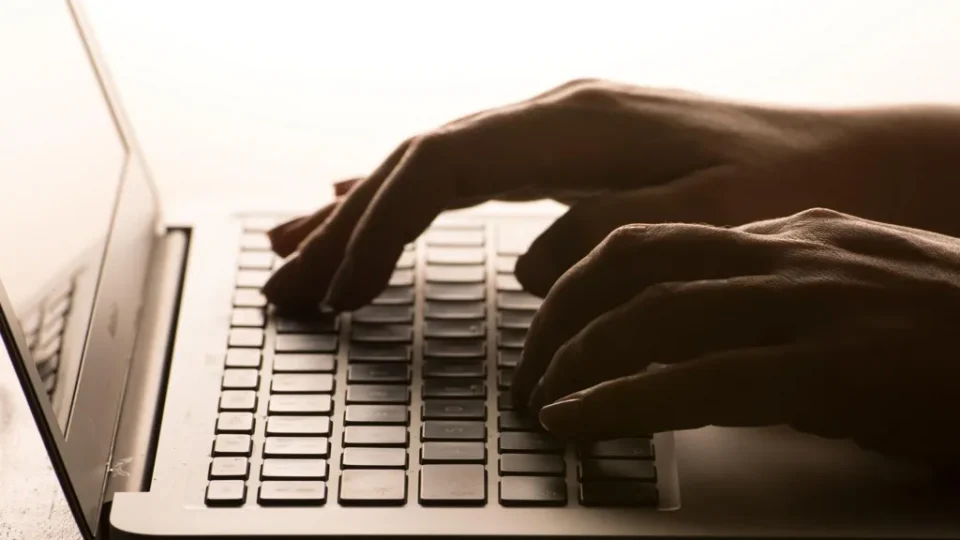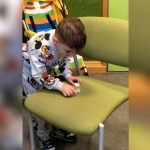The Mayor of London is calling on local businesses to assist “digitally excluded” residents in gaining internet access by donating unwanted mobile phones, laptops, and other IT equipment.
Sir Sadiq Khan emphasized the necessity of addressing the digital divide and ensuring that all Londoners have access to technology, urging those with unused devices to contribute.
A report from 2022 regarding digital inclusion revealed that over 250,000 individuals in London lack any internet access, while two million have very limited digital engagement due to not having their own devices.
In response, Get Online London has set up over 1,100 Digital Inclusion Hubs throughout all boroughs, offering free internet access.
Get Online London, a digital inclusion initiative run by the charity Good Things Foundation and supported by City Hall and the London Office of Technology and Innovation, is currently accepting donations of mobile phones, laptops, and other technological equipment.
The initiative includes the London Device Bank, which refurbishes donated gadgets and distributes them to those in need through a network of community organizations.
To date, they have provided 88,500 data packages and 7,119 devices.
The mayor has pledged to donate more than 700 devices from City Hall and is encouraging businesses and public organizations to join contributions already made by City Hall, the Metropolitan Police Service, Thames Water, and numerous London borough councils towards Get Online London.
Sir Sadiq expressed pride in the success of the initiative, noting, “We have now reached over 100,000 Londoners.”
He remarked, “The demand for devices still significantly exceeds the available supply, so we must do more.”
He stated that devices that are no longer needed by an organization can serve as vital resources for others.
The 1,106 London Digital Inclusion Hubs are part of the National Digital Inclusion Network, likened to “a food bank but for mobile data.”
The network supplies free mobile SIM cards to individuals who lack internet access.
Originally launched in July 2021, the national databank was created to combat data poverty and isolation exacerbated by the Covid-19 pandemic.


